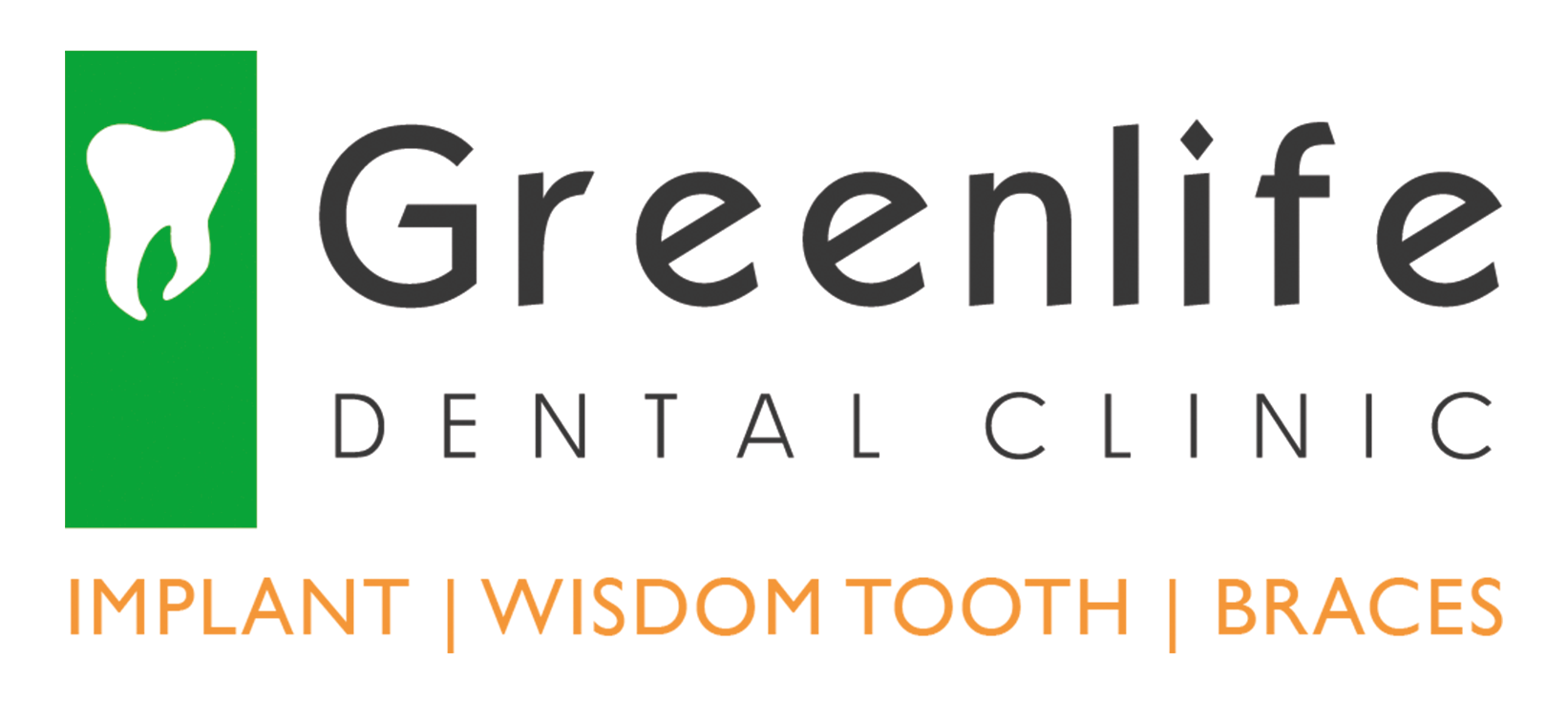1. What is a dental implant?
A dental implant is a small titanium screw that is inserted into the jawbone and serves to replace the root portion of a missing natural tooth. Once in place, dental implants allow dentists to mount replacement teeth on them.
2. What are the alternatives to having implants?
Dentures and dental implants
3. In your opinion, are dentures, dental bridges or implants better?
Dental implants have several advantages over the two…
– Eat Better. Having missing teeth in your mouth can cause you discomfort during eating. Dental implants are strong and can withstand the pressure from daily eating and let you enjoy your food much better.
– Improved Appearance and Self Confidence. Renew your confidence to smile with dental implants as they can help to fill up unsightly gaps in your front teeth. Dentures can do so too, but there might be a need to include metal clasps which might affect the overall appearance
– Increased convenience and comfort. Dental implants can eliminate the need for removable partial or full dentures. Ill-fitting dentures move around in the mouth and patients tend to be wary of their dentures dropping out. As a result, they make alterations to the way they smile, talk and eat to make their dentures stay, sometimes leading to socially awkward situations.
Even with good fitting dentures, food still gets underneath the dentures and it is a common grouse of denture-wearers that they need to remove and wash their dentures after every meal.
– Avoid grinding of neighbouring teeth. Dental bridges remain a viable option to replace missing teeth. However, as the name implies, bridges receive support from teeth next to the gap to do so. If you have healthy, pristine teeth adjacent to the gap, there is a need to trim them down in order to fit you with a normal-sized dental bridge. In some cases, these adjacent teeth might require root canal treatment in the future.
– Implants are long lasting. With proper care and maintenance, dental implants can last for a long time. So even though it may seem that dental implants is an expensive form of treatment initially, the long term benefits and comfort arising from dental implants mean that initial costs are offset in the long run, turning it into a worthwhile investment.
4. How long does the whole process take?
The whole process generally takes about 4-9 months. If there is no need for additional bone grafting, the process takes 4 months for completion. If the patient has reduced bone availability, bone grafting needs to be done. The fusion of the grafted bone with your own bone takes at least 5 months before implants can be placed.
5. How should we maintain implants to make sure they can last, and can they last a lifetime?
Just like natural teeth, there is a need for proper and regular maintenance of the implants by yourself (through flossing and brushing) and your dentist (twice yearly cleaning) to ensure their longevity. If cared for properly, most implants (the screw portion) can last for a long time, although the crown attached to it might need to be replaced some time down the road due to wear and tear.
6. Is the process painful?
There is often minimal pain involved. This is because the bone where the implant is placed in does not have too many pain-sensing nerves. Once the local anesthesia wears off after the procedure and the next couple of days following it, you are likely to experience some discomfort. However, any pain should be manageable with the medications provided. Some bruising and swelling may occur in the skin and gums around the implant site.
7. Who would you recommend implants to?
People with missing teeth. A lot of people think that they cannot have implants because they are old but that is not true. There is no age limitation to having implants, what really matters is the general health condition of each patient.
8. What are the common misconceptions about implants that patients have?
There are 4 common misconceptions patients usually have:
– that implants are painful, but implants should not cause the patient any pain if anesthetic is given in appropriate amounts and at the correct location.
– that implants are costly. Implants cost $2650++ at our Greenlife Dental clinics, a very reasonable price comparatively. The long-term benefits you have to gain from having implants definitely outweigh the short-term cost you experience monetarily.
– that they bleed a lot after surgery, but as long as patients follow the exact instructions of their dentist, they should be fine.
– and that they can always just extract their teeth and restore it with implants. This is not the case as healthy natural teeth are always the best!

